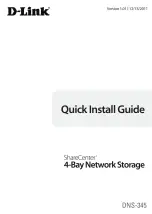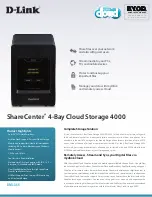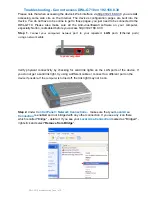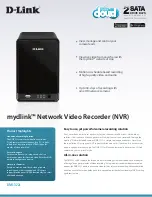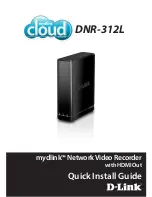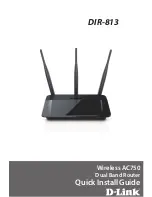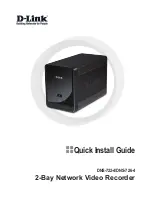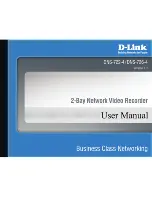
Table 53: External Captive Portal Settings (continued)
Field
Description
Shared Secret
The password that is used to validate the connection between the
client and the RADIUS server.
Use HTTPS for connection
Indicates that the connection will be secure with HTTPS.
Send Successful Login To
Indicates destination of authenticated user. Valid values are:
•
Original Destination. The destination of the original request.
•
Custom URL. Provide the URL address.
Related Links
Configuring L7 Application Rules
Walled Garden Rules
When authenticating with third-party credentials such as Facebook or Google, the ExtremeCloud
Appliance unregistered access policy must allow access to the third-party site (either allow all SSL or
make allowances for third-party servers). The Portal Configuration must have the specific site
registration enabled and include the Application ID and Secret for the third-party site.
Third-party registration for networks redirecting HTTP traffic to the captive portal using DNS Proxy
requires additional configuration.
Create a unique application to the third-party software. Refer to the following developer sites:
•
Facebook Developers page at
https://developers.facebook.com/apps/
•
Google Developers page at
https://console.developers.google.com/projectselector/apis/library
•
Microsoft Developers page at
https://apps.dev.microsoft.com/#/appList
•
Yahoo Developers page at
•
Salesforce Developers page at
https://developer.salesforce.com/
The Application ID and Application Secret assigned during the creation of the third-party application
must be provided in the Portal Configuration page.
Note
With an Availability Pair, when configuring authentication in the portal, specify the URI
(
Uniform Resource Identifier
) for both the Primary and Secondary appliance.
Related Links
Configuring L7 Application Rules
Authentication with Third-party Credentials
on page 158
Third-party Registration Requirements
Configure
ExtremeCloud Appliance User Guide for version 4.36.03
124































